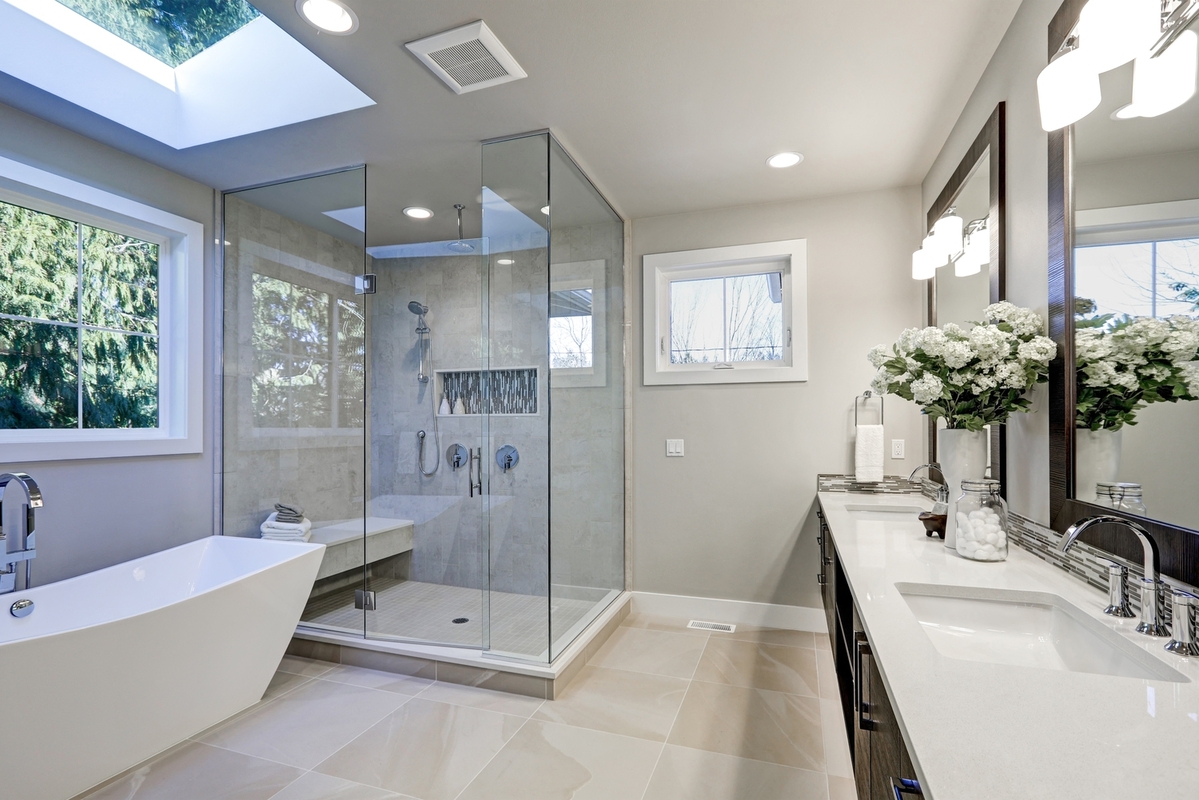How to Convert a Bathtub to a Shower for Elderly Safety and Comfort

As we age, our mobility and balance can become compromised, making everyday tasks like bathing more challenging and potentially hazardous. Converting a bathtub to a shower can significantly enhance safety and comfort for elderly individuals. This article will guide you through the process of converting a bathtub to a shower, ensuring a safer and more accessible bathing experience for seniors.
Assessing the Need for Conversion
Before starting the conversion process, it’s essential to assess the specific needs of the elderly individual. Consider factors such as mobility limitations, balance issues, and any existing medical conditions that may affect their ability to use a traditional bathtub. Consulting with a healthcare professional or occupational therapist can provide valuable insights into the best design and features for the new shower.
Choosing the Right Shower Design
When selecting a shower design, prioritize safety and accessibility. Walk-in showers are an excellent option as they eliminate the need to step over a high bathtub wall. Look for designs with low or no thresholds to reduce the risk of tripping. Additionally, consider installing a built-in bench or seat to provide a comfortable place to sit while showering.
Installing Safety Features
Safety features are crucial in a shower designed for elderly individuals. Here are some essential additions:
- Grab Bars: Install grab bars on the walls to provide support and stability. Place them at strategic locations, such as near the entrance, within reach of the shower seat, and along the walls.
- Non-Slip Flooring: Choose non-slip flooring materials to prevent slips and falls. Textured tiles or rubber mats can provide additional traction.
- Handheld Showerhead: A handheld showerhead allows for greater control and flexibility, making it easier for seniors to wash hard-to-reach areas.
- Temperature Control: Install a thermostatic valve to maintain a consistent water temperature and prevent scalding.
Professional Installation vs. DIY
Deciding whether to hire a professional or undertake the conversion as a DIY project depends on your skill level and the complexity of the job. While a DIY approach can save money, hiring a professional ensures that the installation is done correctly and safely. Professionals can also provide valuable advice on the best materials and designs for your specific needs.
Budget Considerations
Converting a bathtub to a shower can vary in cost depending on the materials and features you choose. It’s essential to set a budget and prioritize the most critical safety features. While it may be tempting to cut costs, investing in high-quality materials and professional installation can provide long-term benefits and peace of mind.
Maintenance and Upkeep
Once the conversion is complete, regular maintenance is essential to ensure the shower remains safe and functional. Clean the shower regularly to prevent mold and mildew buildup. Check the grab bars and other safety features periodically to ensure they are secure and in good condition. Additionally, replace any worn-out non-slip mats or flooring to maintain a safe environment.
Additional Considerations
- Lighting: Ensure the shower area is well-lit to prevent accidents. Consider installing motion-sensor lights for added convenience.
- Storage: Install accessible storage solutions for toiletries and bathing essentials. Shelves or caddies within easy reach can reduce the need for bending or stretching.
- Ventilation: Proper ventilation is crucial to prevent moisture buildup and maintain air quality. Install an exhaust fan to keep the shower area dry and reduce the risk of mold growth.
Benefits of a Shower Conversion
Converting a bathtub to a shower offers numerous benefits for elderly individuals, including:
- Enhanced Safety: Reduced risk of slips and falls with low-threshold entry and non-slip flooring.
- Increased Independence: Easier access and use of the shower can promote independence and confidence.
- Comfort: Features like built-in seats and handheld showerheads provide a more comfortable and enjoyable bathing experience.
- Aesthetics: Modern shower designs can enhance the overall look and feel of the bathroom, adding value to the home.
Converting a bathtub to a shower is a practical and beneficial modification for elderly individuals, significantly enhancing their safety, comfort, and independence. By carefully assessing the needs, choosing the right design, and incorporating essential safety features, you can create a shower that meets the unique requirements of seniors. Whether you opt for professional installation or a DIY approach, prioritizing quality and safety will ensure a successful and lasting conversion. Regular maintenance and thoughtful additions like proper lighting and storage will further enhance the functionality and enjoyment of the new shower space.



